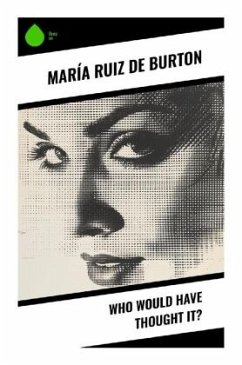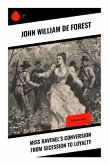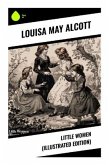In 'Who Would Have Thought It?', María Ruiz de Burton explores the complex interplay of race, class, and gender in 19th-century America, grounded in her experience as a Mexican-American writer. The novel, a keen social commentary, employs a satirical style that deftly navigates issues of identity and cultural assimilation, reflecting the tension between traditional Mexican values and American norms. Through richly developed characters, Ruiz de Burton critiques societal assumptions and highlights the struggles of individuals caught between two cultures, making her work essential reading within the context of early American multicultural literature. María Ruiz de Burton, the first published Mexican-American novelist, was born to a Spanish family in Mexico and later moved to California, providing her with a unique perspective on the immigrant experience. Her insights into the social hierarchies and racial prejudices of her time were likely influenced by her own navigation of these identities. Ruiz de Burton's literary contributions challenge the predominantly Anglo-American literary canon of her era, positioning her as a pioneering figure in American literature. This novel is a remarkable narrative for those interested in historical fiction that addresses contemporary themes of identity and cultural conflict. Ruiz de Burton's sharp wit and keen observations resonate powerfully today, making 'Who Would Have Thought It?' a valuable addition to any reader's collection.
Bitte wählen Sie Ihr Anliegen aus.
Rechnungen
Retourenschein anfordern
Bestellstatus
Storno








